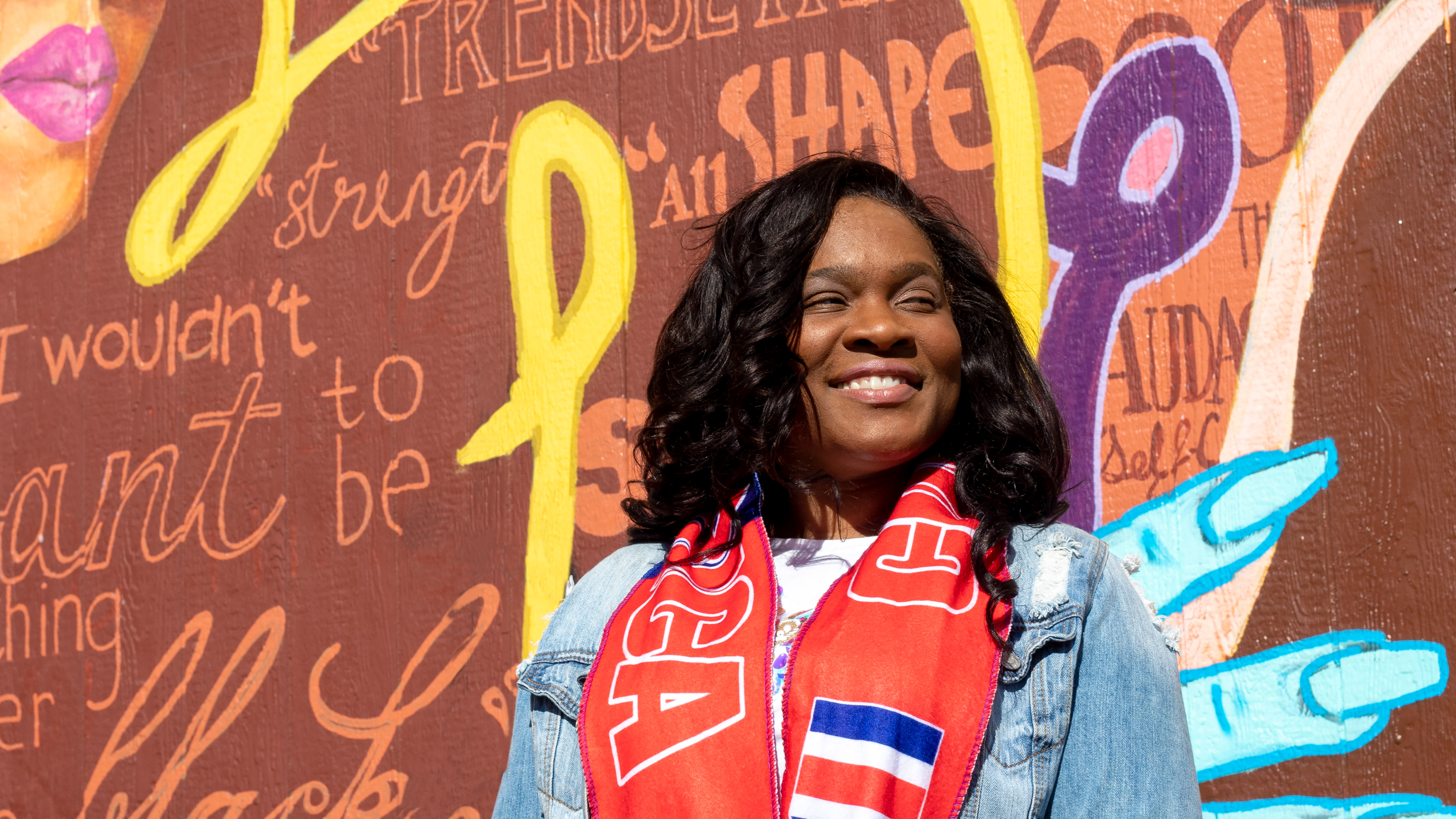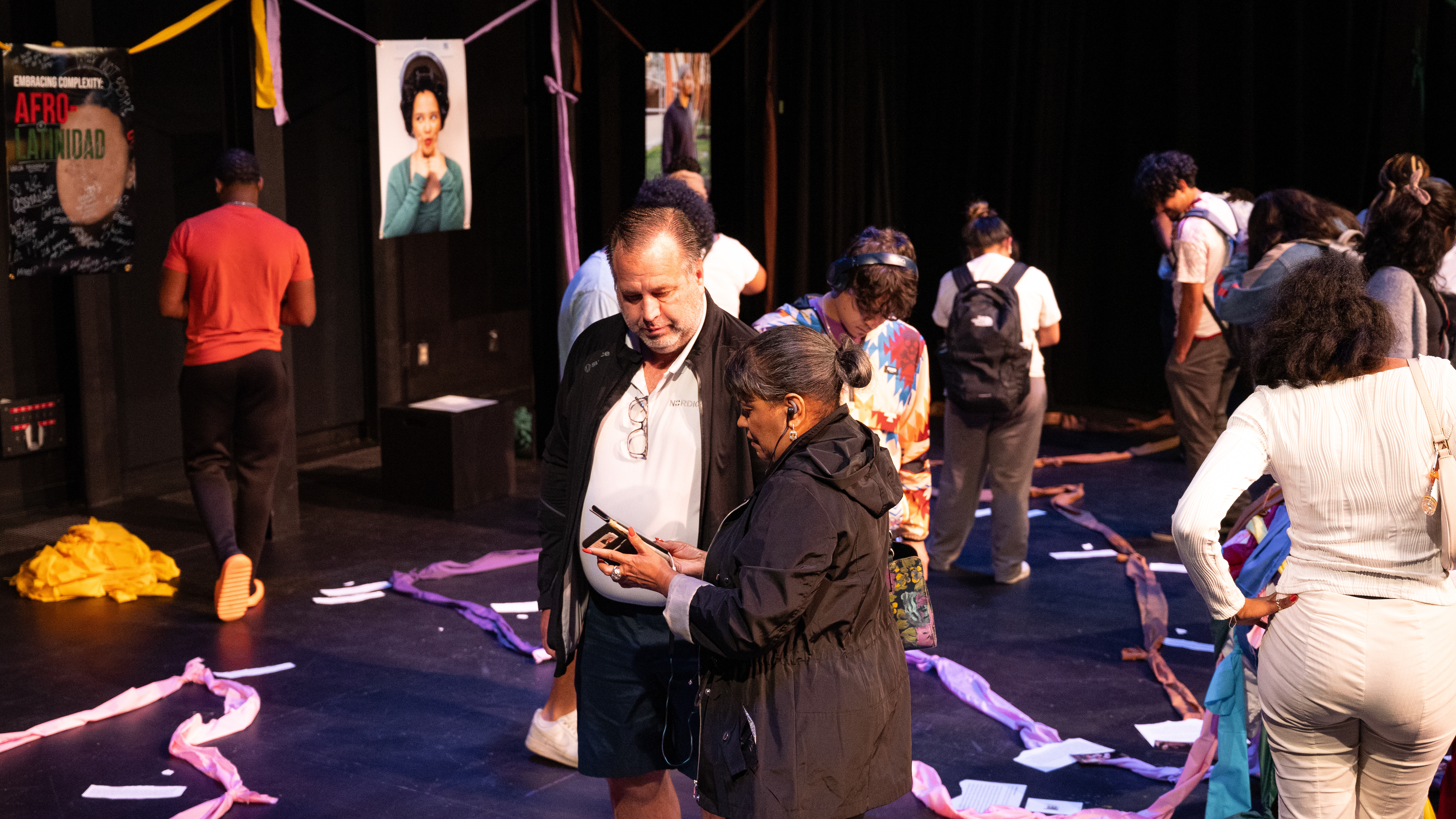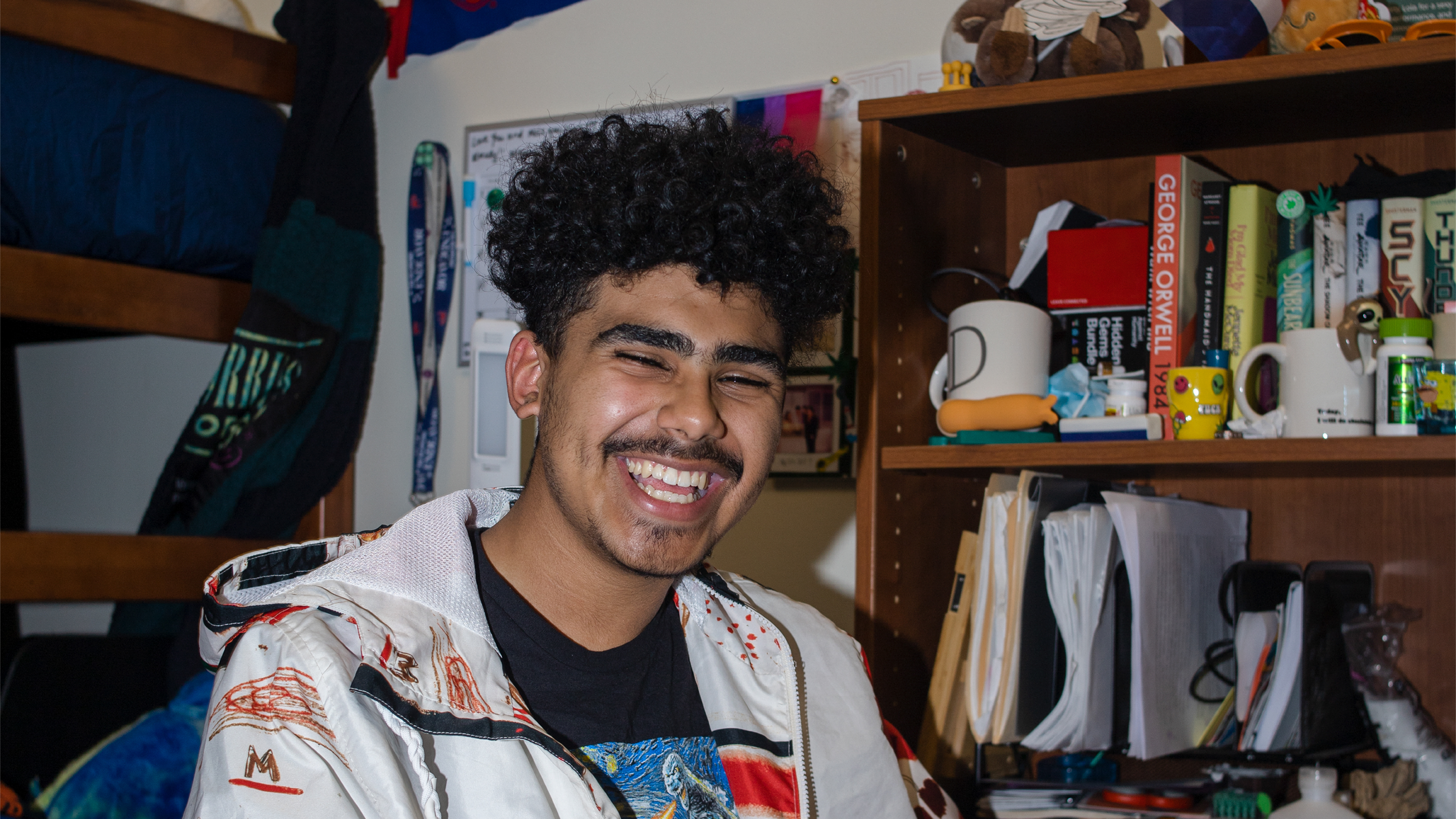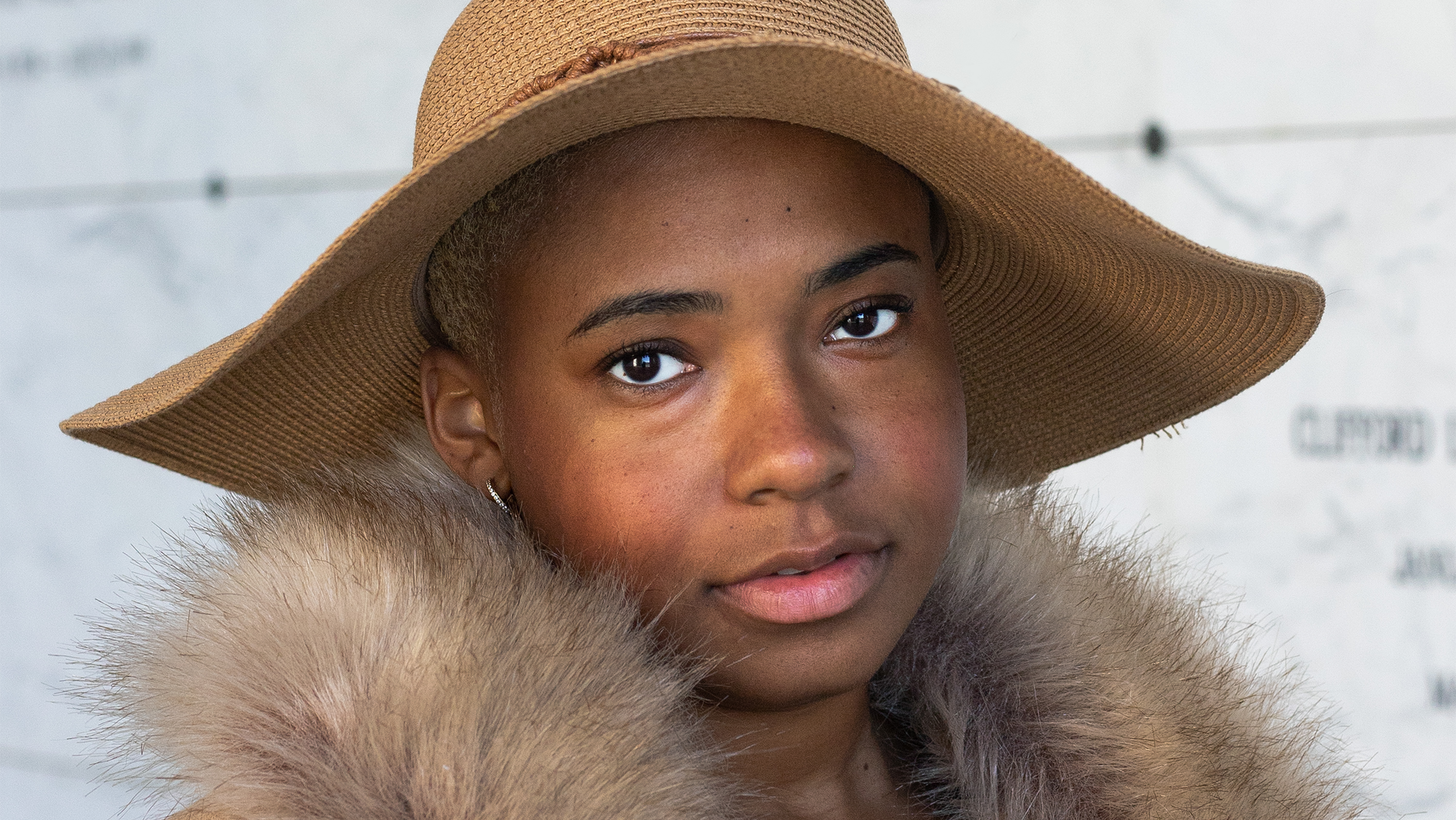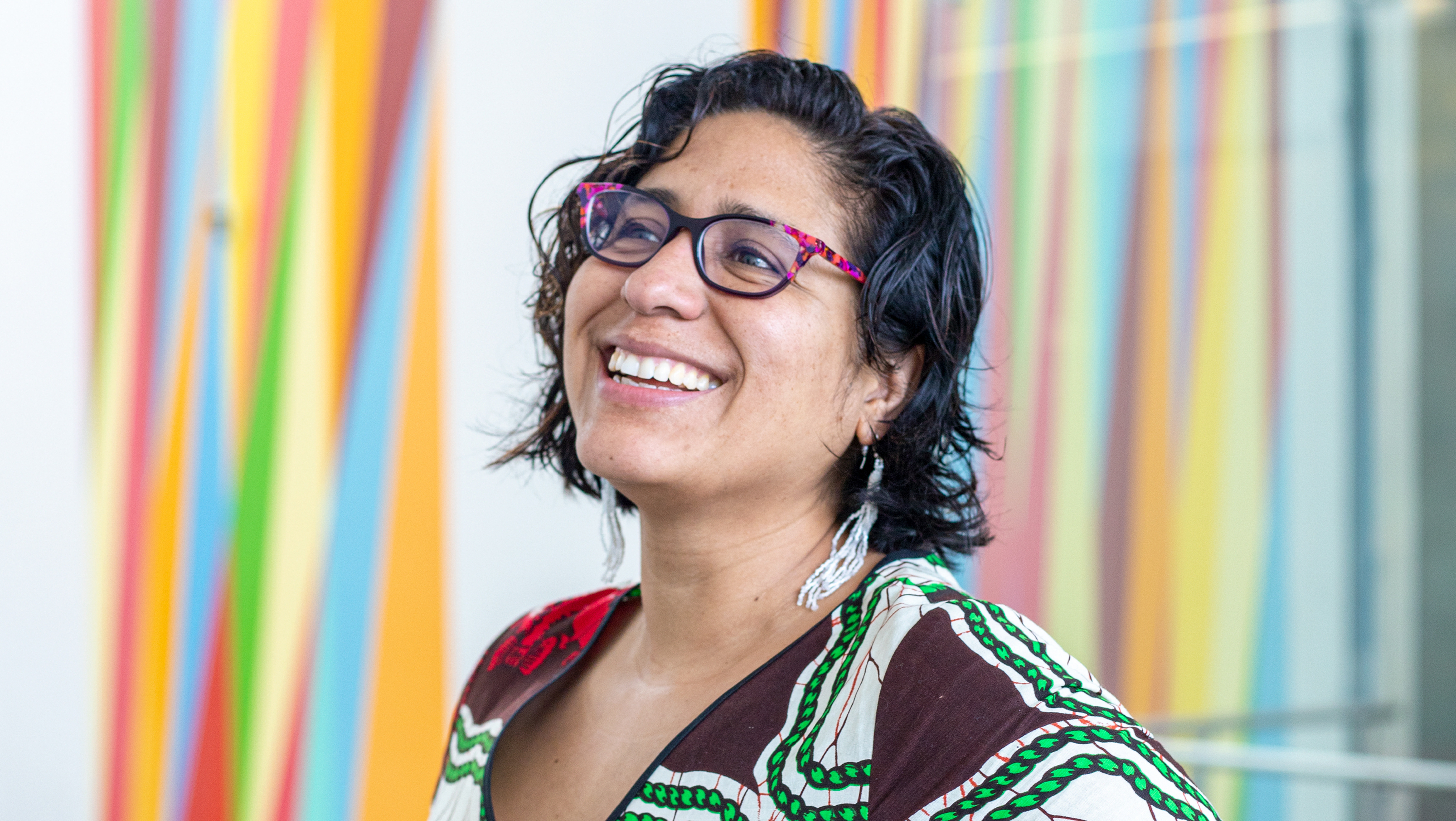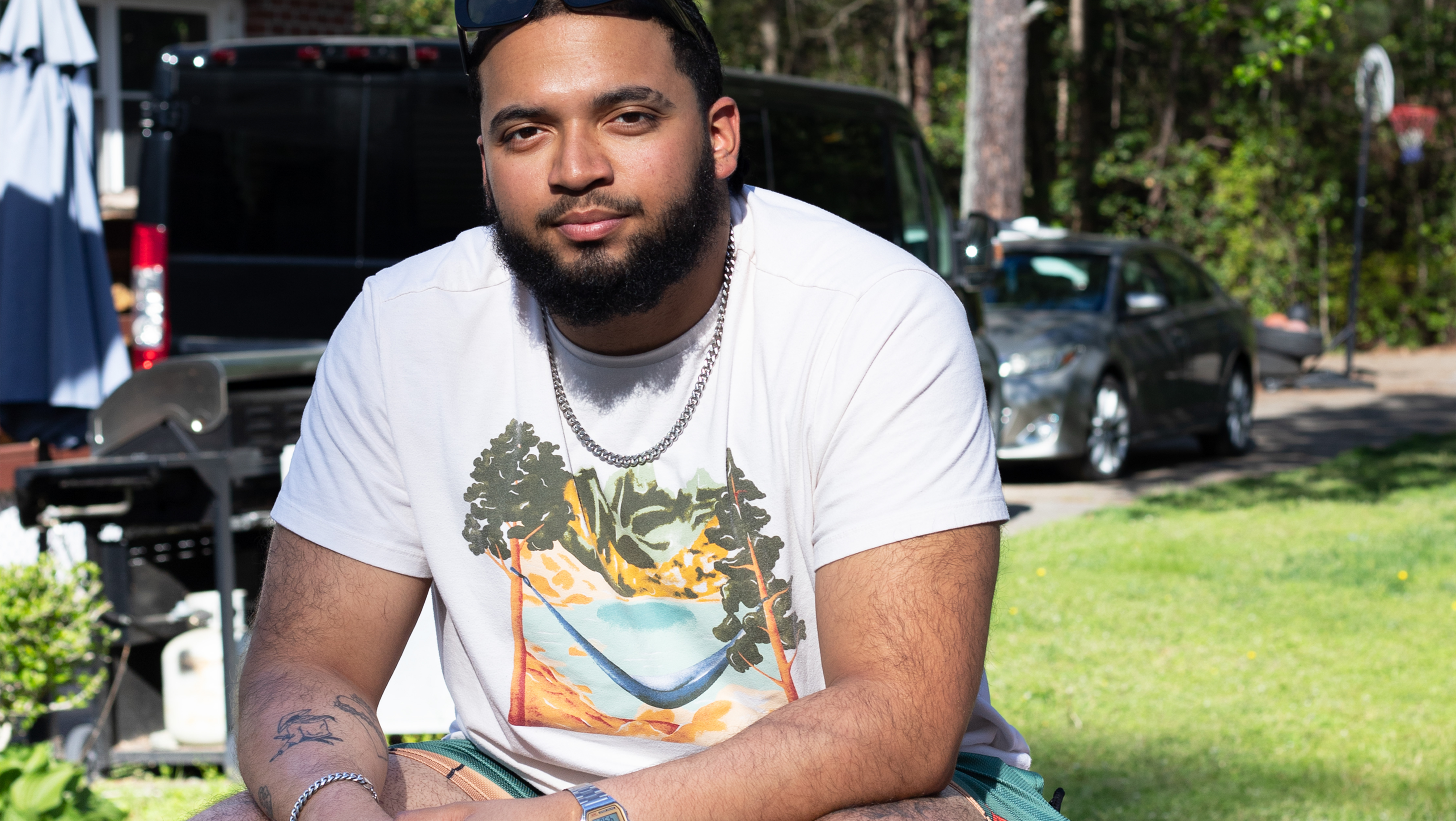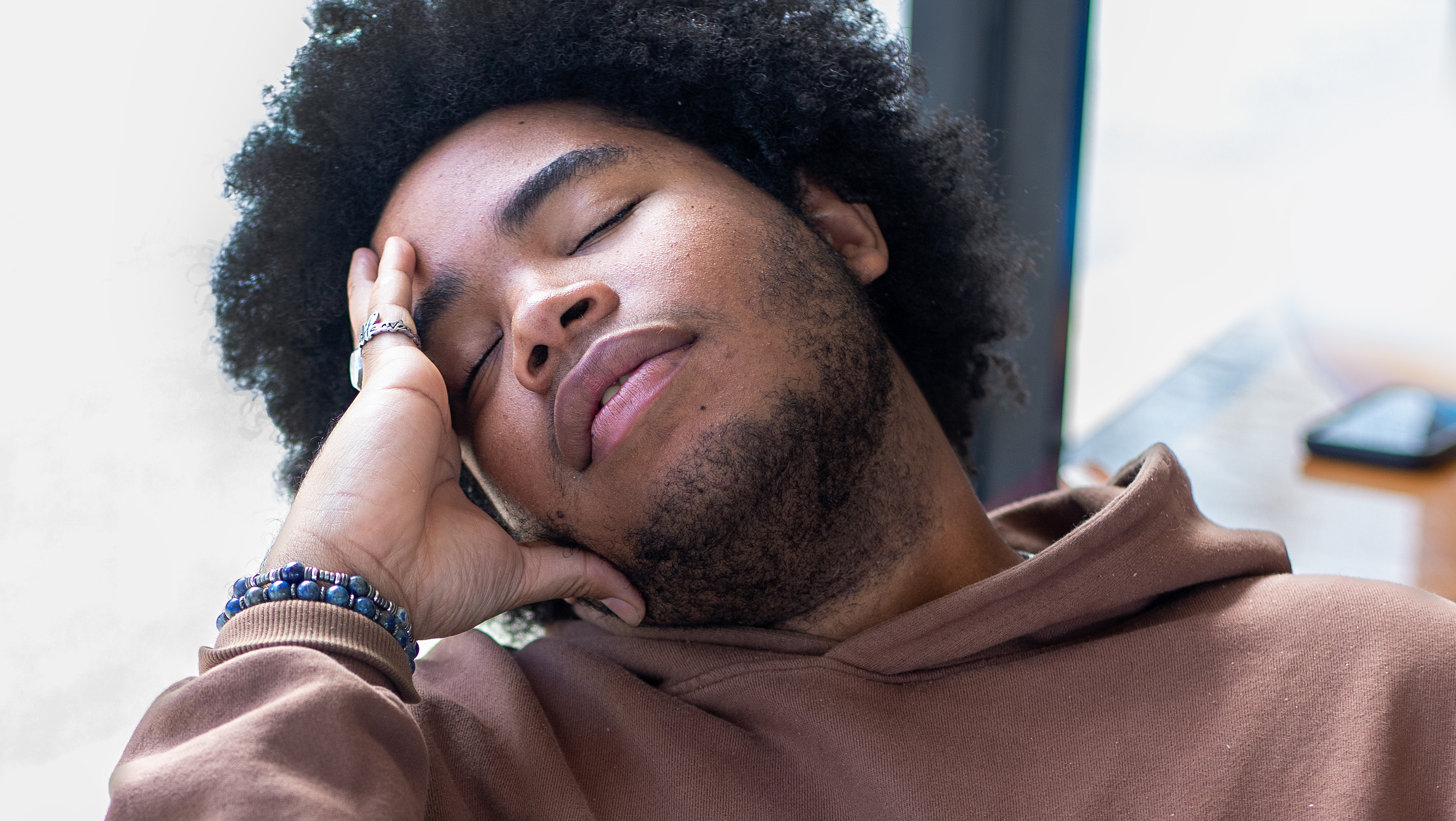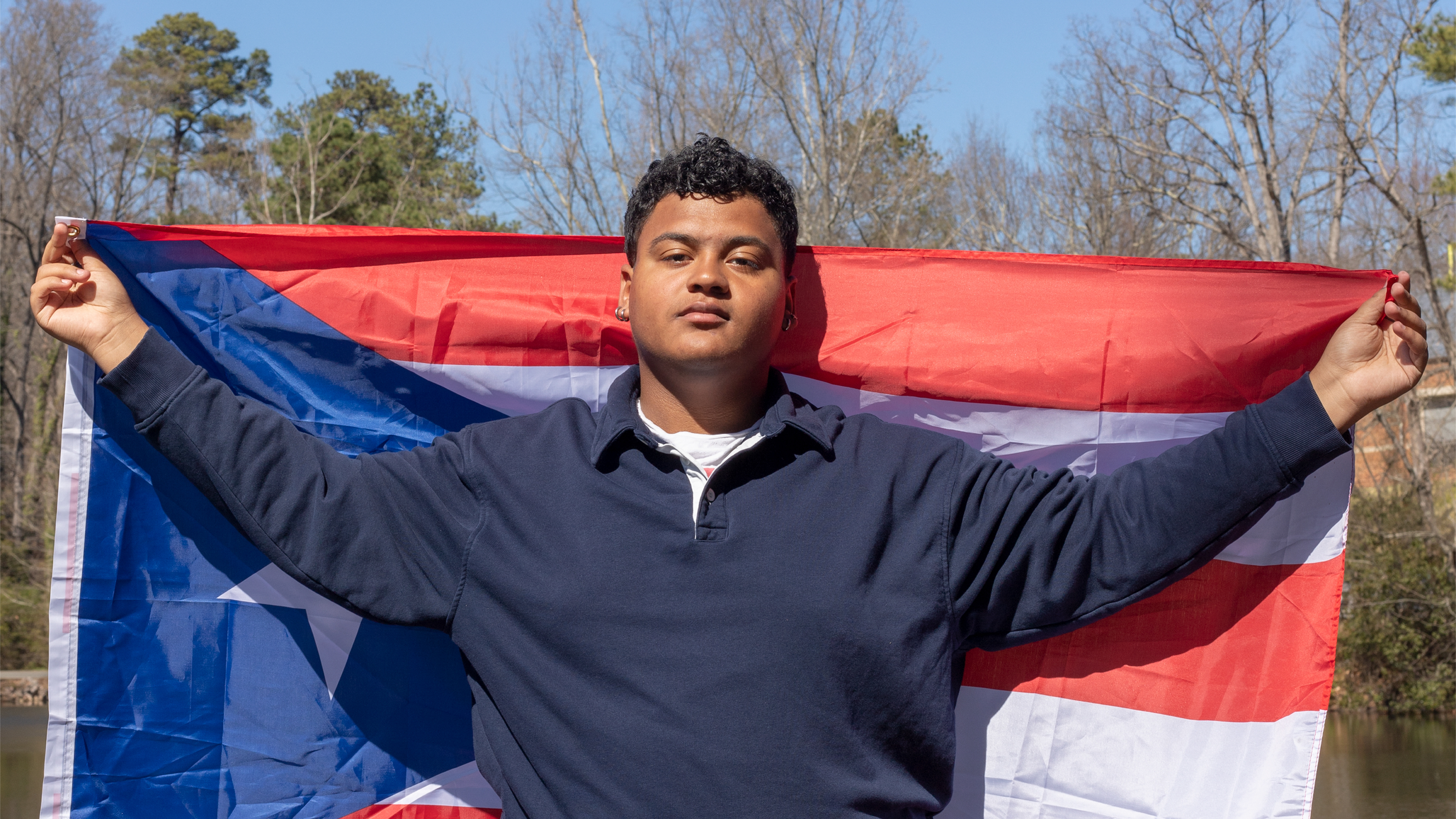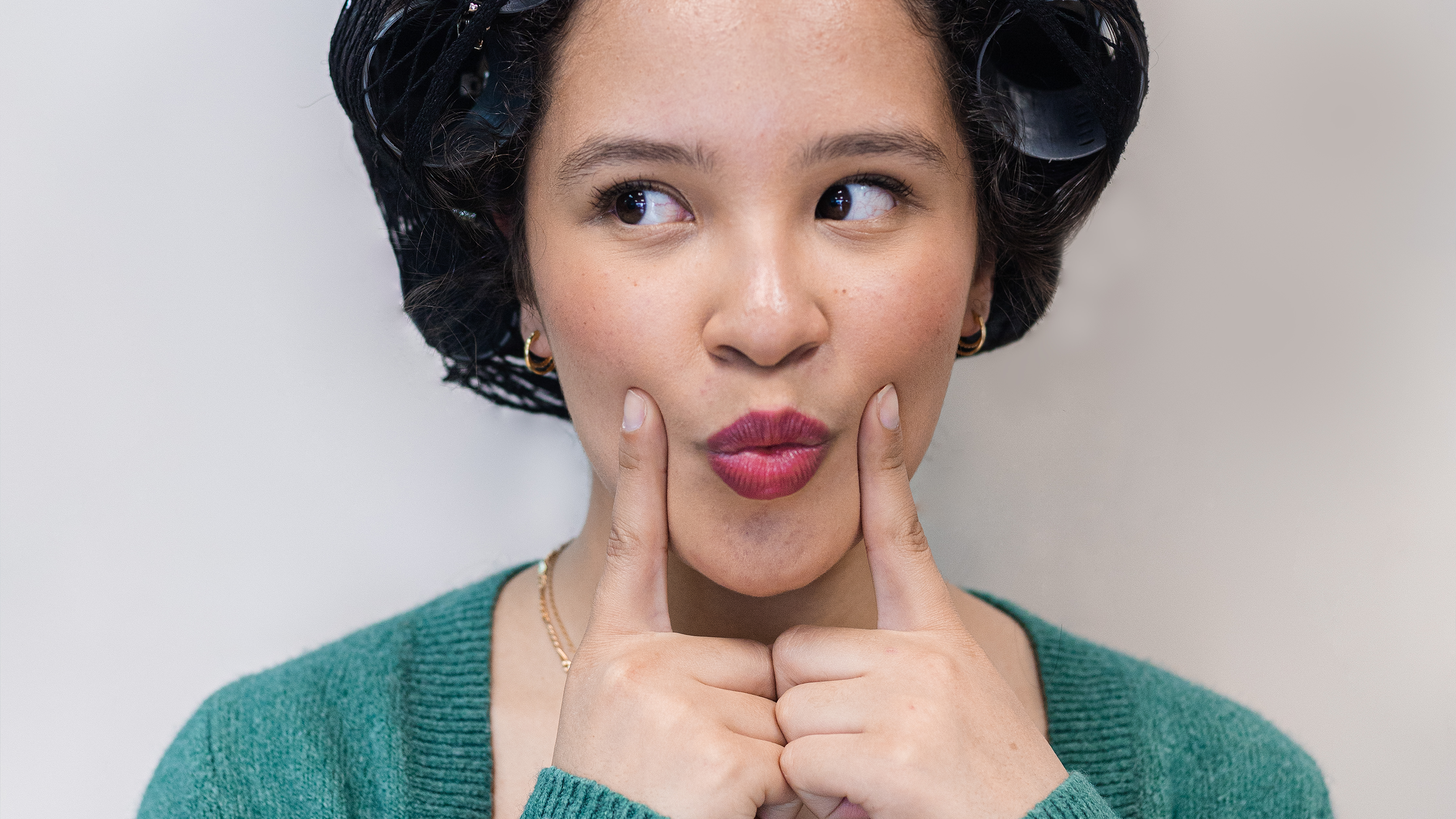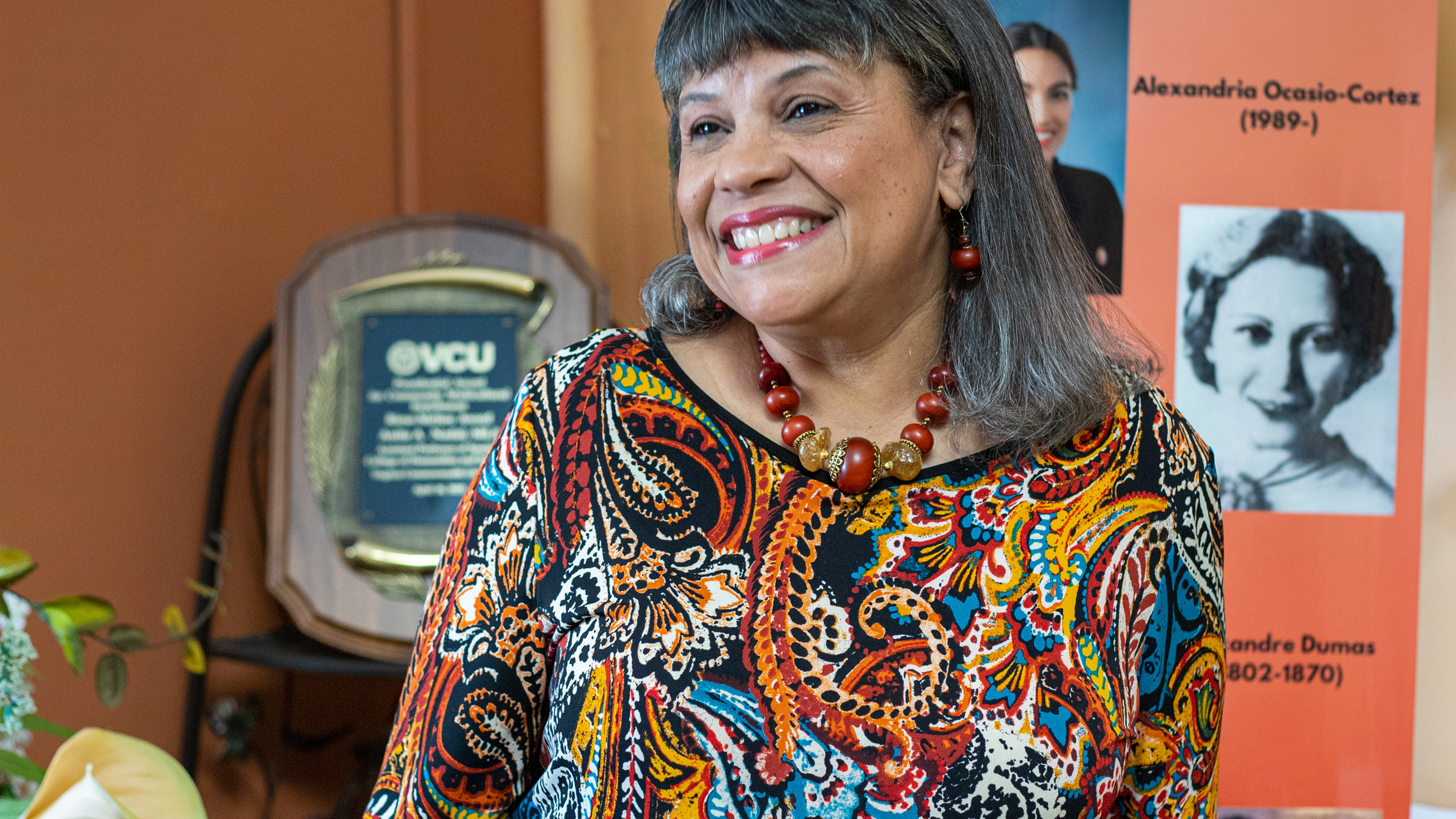I am a second generation Nuyorican (Puerto Rican from New York). My grandparents migrated to Brooklyn in the 1940s; my grandfather played baseball and my grandmother was a seamstress in the factories. My parents met upstate at SUNY Cortland and after I was born, they settled in Albany, NY.
My Puerto Rican experience was far different than my dad's Puerto Rican experience. My dad was born in Brooklyn 1954, so he grew up in the golden era of Puerto Rican-ness and the Latino experience in New York. He witnessed the birth of Salsa, Hip Hop, Disco… they were speaking Spanish to each other on the street, you know what I'm saying? By the time I come around, I was born in 88, we wasn't really so much doing that. We were hip hop babies. So we were speaking English to each other… with some Spanglish in there.
…my parents did a good job at raising me to be proud of who I am. They were both black, you know. So I never felt ashamed about being Black and being Puerto Rican, or being Black and being Latino. Today, I hear a lot of people talk about their Afro-Latinidad, almost coming from a deficit. Like they are ashamed for their dark skin or their nappy hair. That was never the case for me. It was always embraced. I'm thankful for that because I never had self-esteem issues or felt less than, or wanted to be white.
Audio #1 (2:19 min)
I went to Hartwick College, a small private school in upstate New York and when I got there my eyes kind of opened up, particularly when I studied abroad my sophomore year… that turned a lot of things around for me. When I came back, I just felt connected to something bigger, you know, a broader network, especially after seeing that people that looked like me were existing everywhere speaking all types of languages. I've seen black people speak Spanish, Arabic, Hebrew, French…
You know I couldn’t understand why in America we were on this monolithic stuff. Real talk, people just don't have the worldview, you know, that's the problem. But when you get out, man, you start to see stuff. It's like, yo, like the world's way bigger than what we see. There’s a camaraderie that exists, man, internationally. And that's what I want, like people to see. Man, they gotta get outside of this context. Know what I'm saying? 95% of enslaved people came to Latin America. Yeah. 95%. It's over 180 million people of African descent in Latin America today. 180 million. That's a lot of people. We are not unicorns.
Audio #2 (1:19 min)
I involve my lived experience in everything that I do because it informs the way that I process things. It informs the way that I, you know, carry out my work. And I always try to give voice to those things cause we're underrepresented as Afro-Latinos… The recognition of Afro-Latinidad is very important because it's been an identity that has been most threatened… especially in Latin America where there is a narrative that there is no black, white, or indigenous. We're all just Latino… but the black and indigenous people are always the ones at the bottom of the story. It's an integral part of our story and who we are, yet its not something that is celebrated. I think we as Latinos need to come under fire for our anti-blackness, we need to be checked on that.
Audio 3 (4:52 min)
African Americans are the vanguard of black identity, right, because they've been the most vocal, they've been the most influential… their creativity and what they've been able to do here, despite the severity of the political system that exists here in America and the type of slavery that they endure here is inspiring. But you also have to look at the circumstances for why. African Americans also have the benefit of being in the most industrialized and the wealthiest country in modern history… We [Afro-Latinos] was completely shut out.
People gonna be behind the times because they don't have the education or the opportunities… people not even going to school. You still got people dropping outta second and third grade to provide for their families in most Latin American countries. That's not going on here in the States. There needs to be a greater conversation around why that is. So when I see Afro-Latinos that more so assimilate into African-American culture, I understand why they do it and I'm not in a sense mad at them for doing it, but at the same time, it's like, yo, you not, you not really repping your heritage for real. Seek the knowledge and embrace who are you.
Close look at his portrait. Afro-Ladino Explanation (4:00 min)
